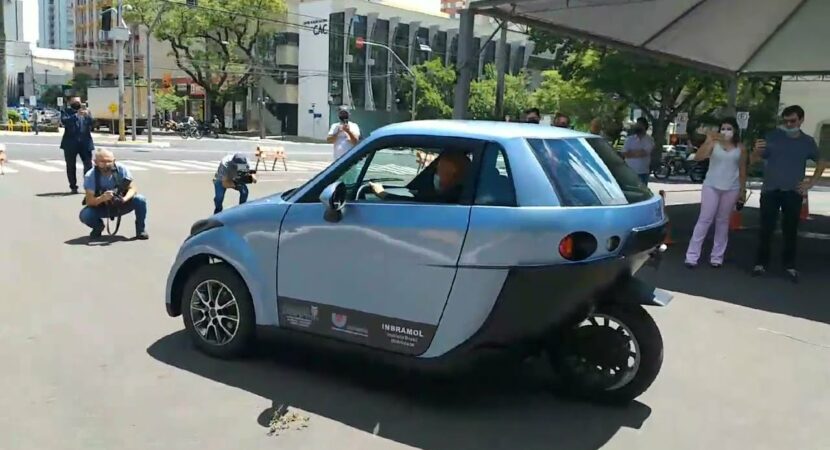
Compact and with three wheels, the national electric car Kers Wee already intends to take the place of the cheapest electric car in Brazil, a place currently occupied by the JAC E-JS1, costing R$ 165 thousand.
The electric car, in the shape of an inverted tricycle, will have an estimated initial value of between R$95 and R$100, but it is possible that it will be sold for R$93. The Kers Wee is an ultra-compact, capable of holding up to two passengers. The central focus of its creation is that this electric car is exclusive for applications or even for rental, being a way to solve the chaos in large urban centers. The CEO of Kers, Carlos Motta, explained that there is no way to escape the current situation on the planet, which is demanding healthy environmental solutions. He also said that the Wee electric car, created by Kers, is what he called an “essential tool” for a correct evolution of environmental thinking to take place, and without a doubt it will be the cheapest electric car in Brazil.
Read also
Understand how the manufacturer Kers operates in the country
Kers is a startup from Paraná and the Wee model is its first vehicle created. According to Motta, Kers was founded with the aim of focusing on the search for sustainable environmental solutions, and the idea of developing an electric car within the startup has existed for more or less 15 years.
In the constant search for a sustainable environmental solution for the world, Kers bets heavily on the development of products that can contribute to the 'unfolding' of these solutions.
The acronym Kers stands for Kinetic Energy Recovery System, which is the process of recovering energy when the car is braked. The name of the electric car, the Wee, is related to its size, which in Scottish dialect means “tiny”. The cheapest electric car in Brazil today will have autonomy for at least 200 km, with a maximum speed of 100 km/h and charge in a maximum of 8 hours.
Kers national electric car manufacturing costs
According to Kers, its electric car has a manufacturing cost 60% lower than its main rival, in addition to reducing refueling costs by up to 80%. The project to create Wee had the collaboration of the Superintendence of Science, Technology and Higher Education of Paraná (Seti), Unioeste and Instituto Inbramol.
According to Motta, the electric car does not pollute precisely because it uses electricity, however, throughout its construction, there are a series of processes that do pollute. Because of this, for each Wee model that is placed on the streets, at least 50 trees will be planted within the Nascentes do Rio Açungui environmental reserve, in Campo Largo/PR, to neutralize carbon.
In addition, a recycling plan will also be developed to be applied when the Wee reaches the end of its life cycle. The State University of West Paraná (Unioeste) and the Instituto Brasil de Mobilidade decided to join this cause and remodeled Kers' national electric car with new 100% Brazilian technologies.
Development of the electrical part of Wee
Unioeste researchers were responsible for developing the electrical part and its automation, making it feasible to transform the Wee electric car into a fully autonomous vehicle.
Master in Energy Engineering Cristiano Lewandoski had one of his doctoral projects applied to automation and the electrical part of the car. According to Cristiano, the technologies applied are: automation 4.0 – which unites cloud technologies, internet and artificial intelligence – which helps save battery life, in addition to providing greater autonomy, autonomous navigation and an intelligent parking system.

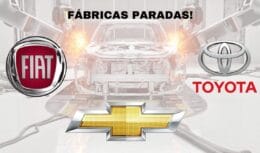

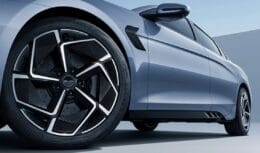
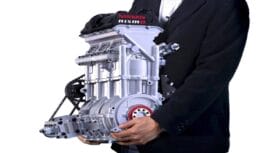
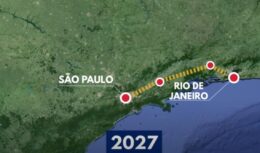
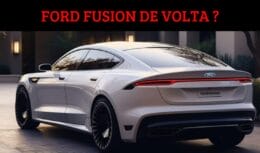


Air Force F-16 fighters…
True friend, what they shot down were…
Air Force F-16 fighters…
I would like to know what planet you live on…
Air Force F-16 fighters…
Which genocide are you talking about? Than…
Air Force F-16 fighters…
Everything is fine, 100-year secrecy,…
Air Force F-16 fighters…
Well... It's flying scrap... Typical...
First go study lol
All those in love with gadooooooo, God, country…
I'm interested
I am a mechanical adjuster/industrial toolmaker and I would love to work…
Hello! I am a sculptor and visual artist, I would like…
I have a lot of experience in construction, and…
This will be the real revolution in the industry…
Simple, it reduces niobium exports by 98%…